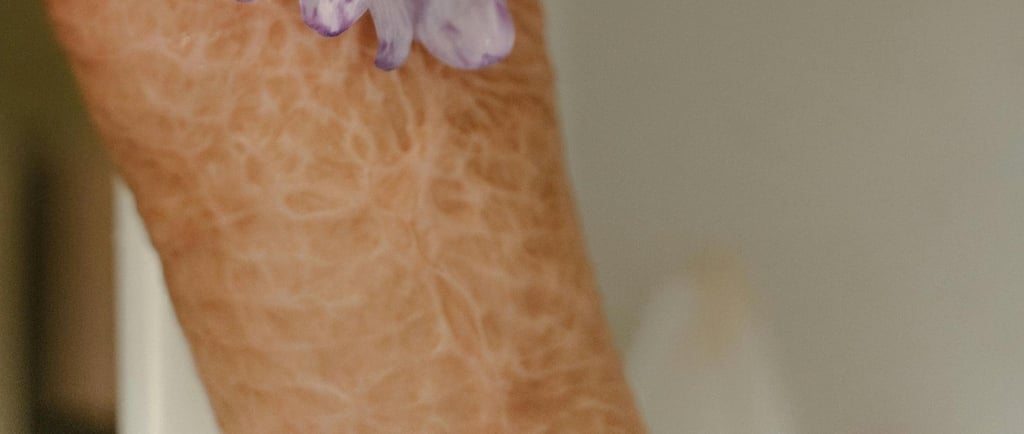How to Treat Burns with Natural Remedies
MEDICAL & FIRST AID


Why Burns Are Dangerous
Burns are common in survival, whether from cooking fires, boiling water, or makeshift stoves. They may seem minor at first but can lead to infection, fluid loss, and shock. Without access to hospitals, knowing how to treat burns with natural methods can make the difference between recovery and a life-threatening condition.
Cooling the Burn Quickly
The first and most important step is cooling the injury. If clean water is available, gently pour it over the burn for at least 10 to 15 minutes. This reduces heat, limits tissue damage, and eases pain. Do not use icy water, as extreme cold can damage skin further. If water is scarce, use cool wet cloths, but avoid pressing directly into the wound.
Avoiding Common Mistakes
Many survival myths about burns cause more harm than good. Do not smear butter, oil, or animal fat onto burns, as these trap heat and encourage bacteria. Do not break blisters, since they protect underlying skin from infection. Ash, mud, or dirty leaves may seem convenient but introduce dangerous contaminants. Always prioritize cleanliness over quick fixes.
Natural Soothing Agents
Several plants and natural substances help burns heal. Aloe vera is one of the best, with a gel inside its leaves that cools, hydrates, and fights bacteria. Honey also has antibacterial properties and creates a protective layer when spread thinly on minor burns. Plantain leaves, when crushed, release juices that soothe pain and reduce inflammation. These remedies can be applied after cooling the wound.
Covering and Protecting the Area
Once cooled and treated, burns must be covered to prevent dirt from entering. Clean cloth is the best option, boiled if possible to reduce contamination. If cloth is not available, use large clean leaves like banana or burdock, replacing them regularly. The covering should be loose to avoid sticking to the wound but secure enough to keep out insects and debris.
Hydration and Rest
Burns stress the entire body, not just the injured area. Even minor burns cause fluid loss, so drinking water is essential. Larger burns may lead to dehydration quickly. Resting the body allows energy to focus on healing. If fever, chills, or weakness occur, the burn may be more serious than it appears and needs urgent care if available.
Signs of Infection in Burns
Burn wounds are highly prone to infection. Watch for increasing redness, swelling, pus, or foul odor. If blisters burst on their own, keep the area extra clean. Natural antiseptics such as garlic paste or honey can help fight infection when no modern medicine is available. Treat infections aggressively, since untreated burn infections can become deadly.
Adapting Remedies to the Environment
Different regions offer different burn treatments. In forests, aloe vera, plantain, and yarrow may be found. In coastal areas, seaweed has soothing properties and can be applied in emergencies. In urban survival, scavenged items such as bottled water, clean cloth, and even small amounts of antiseptic cream may be discovered in abandoned homes or pharmacies. Always adapt to what the environment provides.
Knowing Burn Severity
Not all burns can be treated with natural remedies. Small first-degree burns, which redden the skin, usually heal with cooling and protection. Second-degree burns, with blisters and pain, require more care but can still heal if kept clean. Third-degree burns, where skin is charred or numb, are extremely serious and often fatal without medical help. Recognizing severity allows you to focus your efforts where survival is most realistic.
Healing the Body and the Mind
Beyond physical pain, burns can break morale. They limit movement, cause sleepless nights, and remind you of danger with every sting. Treating burns properly restores not only skin but also confidence. By cooling quickly, applying natural remedies, and protecting against infection, you give yourself strength to continue. Survival is about adapting, and even in the face of burns, nature offers tools to keep you alive.